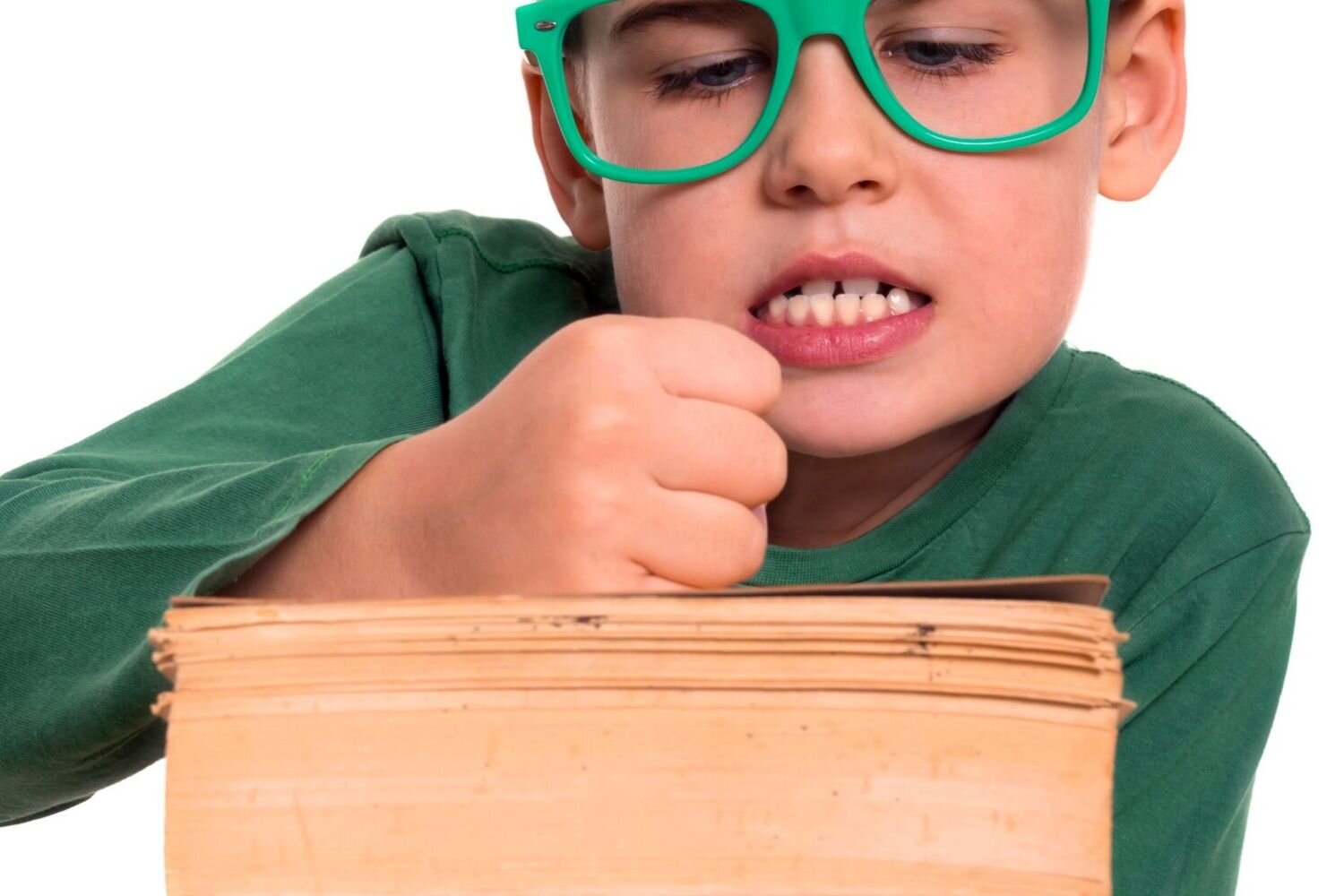There's a word that should not be used by children. Instead of forbidding it, adults are indulging the “B” word, too, which is not helping matters.
For example. the other day a kindergarten teacher was boasting about having a "boredom" hour for her students. It goes something like this: "Ok children, it's "Boredom" time!”
During "Boredom" time, the children need to figure out what to do with themselves. While this is all fine and dandy, it's also counterproductive.
You see, the point to the use of the word "boredom" is that children should not be allowed to speak, think, or entertain the word under any circumstances.
“It turns out that bliss — a second-by-second joy and gratitude at the gift of being alive, conscious — lies on the other side of crushing, crushing boredom.”
How did the boredom epidemic begin in the first place? First, children are being raised in ways that don't allow them the opportunity to self-direct their engagement in life.
When they are young, instead of playing outdoors, they are put in front of screens. Instead of having a childhood, they start school too early. Instead of exploring their environment, they whine that they are bored and their parents scramble to find things for them to do.
But our job as parents is not to entertain our children or come up with ways to alleviate their perceived boredom.
People who get easily bored tend to be boring people, at least that’s been my experience. They are people who lack hobbies and interests and need to be entertained much of the time.
In other words, they’re a little empty on the inside.
Waiting for the next Netflix series to hit the screen…
Who amongst us wants to raise boring children? There should be absolutely no room for the "B" word in the life of a child.
The world is too fascinating! To raise children who are engaged in the gift of life and the act of living, one cannot allow a word such as boredom into their vocabulary.
It's that simple.
There will be transition times from one activity to another, this is normal. But to label this period as "boredom" and allow your child to complain about being bored should be avoided at all times.
“The two enemies of human happiness are pain and boredom.”
Finding ways for your child to alleviate his “boredom” is limiting your child's ability to become resourceful in life only adds insult to injury.
Our job is to give our children the freedom to independently engage in their own lives from an early age.
Children come into the world fascinated by life. It is we who interfere with this fascination by teaching our children to be dependent upon sources other than themselves for entertainment.
We do far too much for our children and the more we do for them, the less children learn to do for themselves.
“I’ve got a great ambition to die of exhaustion rather than boredom.”
Let them be is all we need to do when our children are young. Keep them off of the all-pervasive screens, and let them figure out what to do with their own time.
My children never once complained about being bored. At some point, the word was introduced by one of their friends, at which time I told them they were never to use it again.
Do not tell your kids it is "Boredom" time now and then tell them to figure out what to do during "Boredom" time. Calling free time "boredom" time puts the thought of boredom in their minds.
Scourge the "B" word from your and your children's vocabularies and instead raise interesting children who are fully engaged in the experience of life.
Don’t miss our free download, Ten Books Every Well-Educated Child Should Read.
When you join the Smart Homeschooler Academy online course for parents, Liz will share her 6-step framework to raise children of higher intelligence, critical thinking, and of better character.
As a homeschooler, you will never have to worry about failing your children, because working with Liz, you will feel confident, calm, and motivated. She also provides you with the tools and support you need to homeschool successfully.
Teach your child to read before sending him to school! Learn more about Elizabeth's unique course, How to Teach Your Child to Read and Raise a Child Who Loves to Read.
For parents of children under age seven who would like to prepare their child for social and academic success, please begin with Elizabeth’s singular online course, Raise Your Child to Thrive in Life and Excel in Learning.
Elizabeth Y. Hanson is a homeschooling thought-leader and the founder of Smart Homeschooler.
As an Educator, Homeschool Emerita, Writer, and Love and Leadership Certified Parenting Coach, she has 21+ years of experience working in education.
Developing a comprehensive understanding of how to raise and educate a child, based on tradition and modern research, and she devotes her time to helping parents to get it right.
Elizabeth is available for one-on-one consultations as needed.
"I know Elizabeth Y. Hanson as a remarkably intelligent, highly sensitive woman with a moral nature and deep insight into differences between schooling and education. Elizabeth's mastery of current educational difficulties is a testimony to her comprehensive understanding of the competing worlds of schooling and education. She has a good heart and a good head. What more can I say?”
—John Taylor Gatto Distinguished educator, public speaker, and best-selling author of Dumbing Us Down: The Hidden Curriculum of Compulsory Schooling



























































































